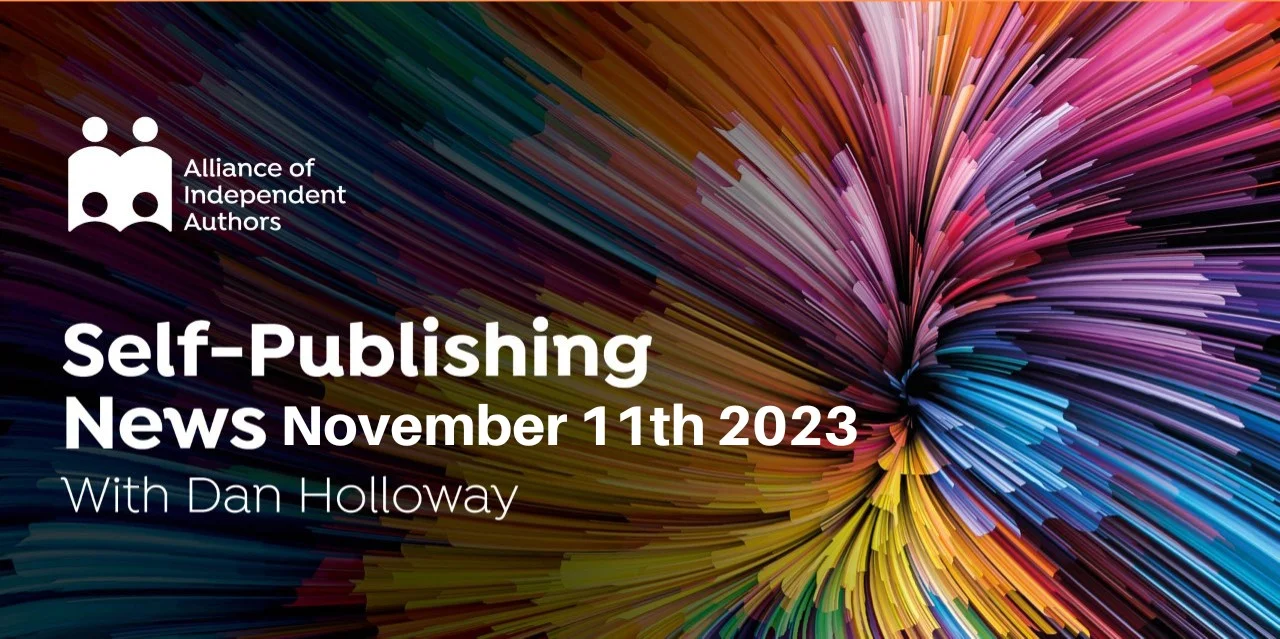
ALLi News Editor, Dan Holloway
We end the week with two ALLi news updates about the law that impact indie authors. First up, Amazon takes on scammers with a new lawsuit. After reporting several times about Amazon’s experience on the receiving end of legal proceedings, it’s good to be able to report on an action that Amazon is bringing.
Amazon Takes on Scammers
The headline of Amazon’s press release is suitably bullish about its intentions “The latest actions to protect customers from impersonation scams: Amazon files a lawsuit against publishing scammers to help protect authors.” That is, certainly, most welcome. Amazon’s platform has been the scene of a slew of recent impersonation scams ripping off customers and authors alike, as highlighted by Jane Friedman and more recently the BBC’s Rory Cellan-Jones. And Amazon has always maintained it takes these things very seriously.
This lawsuit takes aim at a slightly different target. Amazon is taking on a group of people and companies who are, it seems, exploiting Amazon’s name to charge for publishing services related to Amazon that Amazon offers for free. What raises Amazon’s hackles in particular about these scam service providers is they claim to be associated with, and by implication endorsed by, Amazon. This is definitely not the case. And Amazon ends the release by reminding people of the site where they can go to report any suspicious activity or communication that purports to be from or associated with them. This news from Amazon is also a good reminder for us all to check carefully any supplier we work with.
Update on Lawsuit Against Stability AI
A lawsuit that artists pursued against visual AI generating platform Stability AI has, meanwhile, hit the rocks. Artists accused Stability AI of breaching copyright by downloading copyrighted materials without permission for its Stable Diffusion tool and using them to create what they claim are essentially just cut up collages of their own art. The artists sought an injunction against such use, without an artist’s permission, by Stability AI and other platforms.
The judge in the case has asked the artists to reframe their case, arguing that the case as it stands would fail on two grounds. First, there is not sufficient similarity between the final art and that on which it is allegedly trained to fit a legal definition of copyright breach. And second, the mechanism Stability AI uses does not, its creators claim, simply ingest complete works but only parts of pre-digested material.
As always, how the case pans out will, in such a new field, have widespread implications for all of us. We'll update as things progress.
ALLi's Tools to Save You From A Scam:
Check out our Self-Publishing Services Directory, where ALLi showcases our Partner Members. These are approved author services, vetted by ALLi's Watchdog Desk, who have signed up to our Partner Code of Standards. Members can download a print version of the directory to keep handy while you work.
Note: If you have been subjected to a scam or fraud related to your self-publishing work, as a member of ALLi, you can seek help from us.
Find out more:




